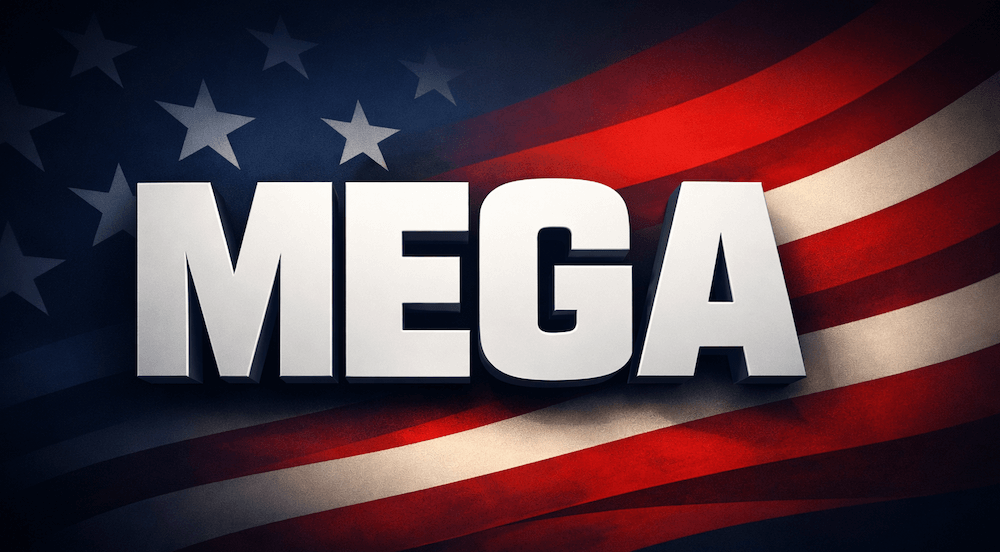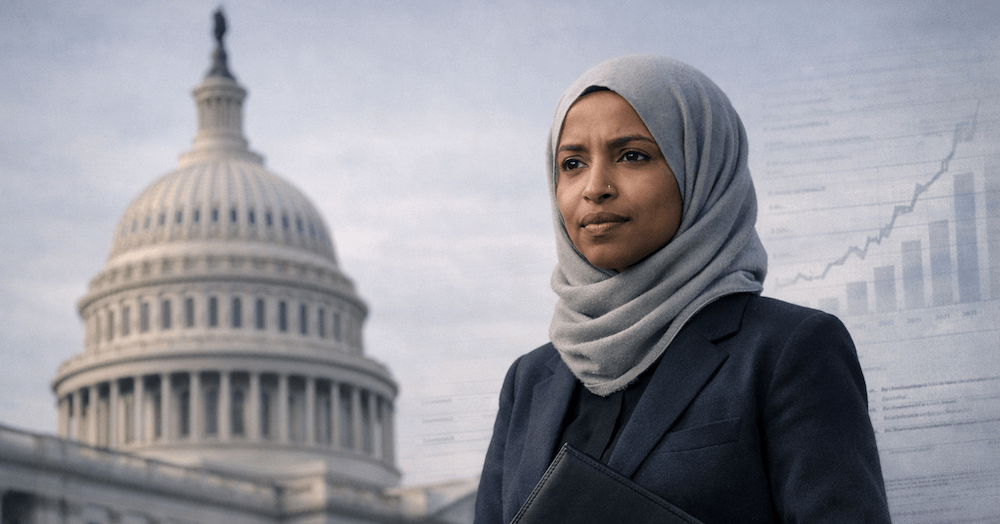
Posted April 28, 2025
By Matt Insley
Jim Rickards on Tariffs and the “American Birthright”
Paradigm’s renowned macro authority Jim Rickards has built his reputation on seeing around corners in global finance.
With decades of experience on Wall Street and a track record that includes predicting Donald Trump’s election — both times — Jim brings a boots-on-the-ground perspective to the world’s most pressing economic issues.
He insists there’s “no substitute for walking the streets around the world (including the poorest areas) if you really want to know what’s going on.” For Jim, real insight comes from direct observation, not just staring at screens.
After recent travels to India, Japan and even Jekyll Island, Jim observes, despite their differences, “they share a common thread. It’s their economic linkage through the U.S. dollar.”
“King dollar,” he says, “still dominates the global financial system despite the cracks in the foundation and the valid criticisms.
“If there’s a dollar problem in Eurodollar banks, it’s sure to echo from Tokyo to Shanghai and New York. And problems in those locales affect everything else.”
The interconnectedness of global finance? Still inescapable, he notes, even as globalization in trade and supply chains may be fading, financial markets remain “inextricably linked in ways that few understand.”
Your Rundown for Monday, April 28, 2025...
Tariffs, Trade and Trump’s Strategy
As for tariffs, Jim is pragmatic: “Tariffs are not automatically good or bad for an economy. Their impact depends on initial conditions when the tariffs are imposed. Tariffs are a tool that should be applied judiciously.”
For the U.S., which “over consumes and under invests,” tariffs can drive investment and channel dollars into savings and high-paying jobs.
For China, which “over invests and under consumes,” the best strategy would be to “lower its own tariffs and allow its people to spend their savings on imported goods.”
Turning to trade policy, Jim sees tariffs as a calculated move. “Trump’s tariffs will benefit the U.S., but hurt some of its trading partners,” he says bluntly.
“I have this debate all the time… I talk to a lot of people about it and they say to me, ‘Jim, these tariffs… might be good for the United States but they're going to be bad for the rest of the world.’ And I say, too bad.”
He emphasizes: “It is bad for… China, Vietnam, maybe India, Malaysia and some other trading partners… but it’s very good for the United States”.
Jim points out that “the optimal solution is not to cut down on U.S. purchases from those countries but for them to buy more from the U.S. That trims the U.S. trade deficit without reducing world trade and so constitutes a win-win resolution.”
He predicts, for instance, India will buy more military hardware and semiconductors, while Japan will likely increase purchases of U.S. agricultural goods. “The result will be higher growth in the U.S.”
But Jim doesn’t sugarcoat the downsides: “Bilateral deals like this have losers. Taiwan may miss out on some semiconductor sales… Russia may miss out on military sales to India.”
Still, he insists…
- “The U.S. is done being the ‘consumer of last resort’ to the world and wants to increase its profile as a seller. Trump’s policies move the U.S. in that direction.”
Jim is unapologetic about the impact on other countries: “Not to sound harsh, but that's their problem. Trump’s job is to make America great again. President Xi's job is to make China great again. The U.S. cannot carry the world on its back.”
Finally, Jim warns of a “silent financial crisis.”
He argues the Fed “has fallen into complete irrelevance,” with little control. “What the Fed and the Treasury have done… is to create a global dollar shortage, which is now morphing into a global liquidity crisis.”
He describes the essence of a crisis: “Everybody wants his money back. We’re dangerously close to that situation right now. If it gets worse, trade, tariffs and stock markets will be a sideshow. Watch Treasury yields and foreign exchange markets if you really want to know what’s going on.”
With his trademark candor, Jim sums up the volatility ahead: “A new wave of financial turbulence will soon challenge the system, and only those prepared will weather the storm.”
Market Rundown for Monday, April 28, 2025
S&P 500 futures are down 0.15% to 5,540.
Oil is down 0.10% to $62.94 for a barrel of WTI.
Gold is up 0.20% to $3,306.80 per ounce.
And Bitcoin is up almost 1% to $95,300.

The Ring Cam’s AI Surveillance
Posted February 11, 2026
By Matt Insley

Make Shame Great Again
Posted February 09, 2026
By Matt Insley

SAAS STOCKS CRASH
Posted February 06, 2026
By Matt Insley

CA’s New Surveillance Tax
Posted February 04, 2026
By Matt Insley

Make Elections Great Again
Posted February 02, 2026
By Matt Insley
